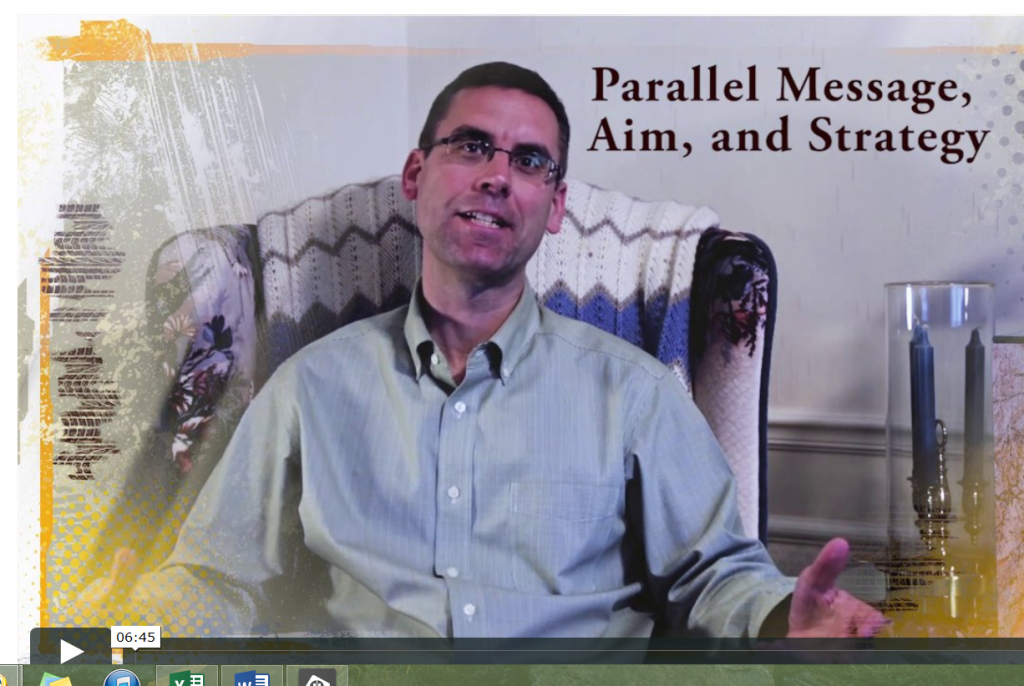
Sometimes you have to learn really expensive lessons. Sometimes you can fix it, sometimes you can’t.
But, before I talk about my lesson, first let me tell you a story–
The dark green recliner sat on the floor of our local Sam’s Club. It was a great price and we thought it would be a great addition to our living room. So we decided to purchase it. We took it home, very pleased with our bargain.
I loved that chair and spent many hours there, nursing babies and holding sick kids. I even spent the nights there when I had a horrible case of mastitis — yes, you read that right — in terrible pain with a breast infection.
About ten years after we purchased it, we moved to a new house. We took the chair with us, but relegated it to our formal living room and bought new furniture for our family room. It now wasn’t used as often. That room became our homeschooling read-aloud room and so the chair became my place to read to my kids. We read about history and God and science. We played games and argued and laughed, all while I was in that chair.
As the kids became teenagers, that room became the confrontation room. It was where we would go to talk privately with one another. The kids knew that if I asked them to go to the living room, I had something serious to discuss with them. I would sit in that chair and they would sit on the sofa opposite, as we would discuss a problem or concern together.
And, then, as, one by one, they headed off to Christian school and college, that chair became the place where I would read the Bible and pray every morning. During my busy homeschooling years, I wasn’t always able to make the time I wanted for the Lord. My time was often with the kids — teaching them to pray and to learn God’s Word. But, suddenly, one day I realized that I actually had the time to spend quietly with the Lord each day and so it was in that chair that I spent many hours reading His Word and petitioning the Lord.
Then, one day, I looked down and saw that the chair was torn.
What a sad day.
I knew I was going to have to replace it, eventually, so I started keeping my eyes open for a new recliner — a leather one this time.
The first furniture store had nothing that thrilled me. The chairs were either too soft or too hard (do I sound like Goldilocks??) or too expensive.
On a whim, I stopped at a furniture store on the way home from a soccer game. The first chair I sat in was perfect and was on sale! I sat in a few more but kept going back to the first one. Yes, that was my new chair. I purchased it and told them someone would be there to pick it up later in the week.
A few days later, my beloved green recliner was removed from my room and the new leather one was put in its place. Oh, joy! I couldn’t wait for my devotions the next morning to sit in my new chair!
Oh, I feel foolish now. I feel foolish even sharing this story. For when I sat in that new chair it wasn’t even comfortable. I squirmed this way and that, but it just wasn’t the same. I got off of it and shifted it to the right. I tried it with the foot rest up and with it down. Nope. It just wasn’t all that comfortable. How could I have made such a mistake? I had a very difficult time concentrating on my devotions that morning.
As the day progressed, I talked myself into believing that it was just in my head and I would get used to it. After all, every piece of furniture takes some breaking in. So, with renewed diligence, I was determined to make this chair work as I sat in it the next morning. But, alas, it felt the same as the morning before. Now, what to do?
And that’s the end of the story. Because I am still not sure what I am going to do. Just get used to the chair? After all, we paid good money for it. Or bring back the old one and sell the new one at a slight loss? And while that’s a possibility, I can’t change the fact that the old one is falling apart and I am going to have to get used to a new one eventually.
There are so many thoughts that surround this incident in my life that I am having a hard time narrowing it down to just one–
1. New isn’t always better. Sometimes we yearn for a change to happen in our life. We think “if only” or “when that happens” and then when we are finally there, it isn’t near as great as we thought it would be.
2. Sometimes change needs to occur. It isn’t pleasant or fun but it is necessary.
3. Sometimes change doesn’t need to occur but we push and push for it because we are impatient and don’t want to be labeled “stuck in the mud” or “traditional”.
4. How do we change without changing what really matters?
5. With all change comes our new normal and it doesn’t take us very long to grow used to it. I just read somewhere (and, boy, do I wish I remember exactly where!) about people’s amazing ability to get used to almost any circumstance in their lives. We start living in the new normal. I think this is the case with Evangelical Christianity. We have gotten so used to the departure from scripture, the inclusion of Catholics and Mormons under the label “Christian”, the lack of standards and morals and holiness, the feel-good and shallow worship, that we have become used to this new normal and accept it as normal. But while it may be our new normal, it isn’t anything close to biblical Christianity.
My mom mentioned yesterday, as we were driving home from the mall, that when she was a girl, it was made quite clear to her that Catholicism was not the same as Evangelical Christianity. The church taught very specifically that we do not believe the same things and that they are two separate religions (which they are). And yet, now, if you try to say that you are immediately branded as someone who causes division and disunity. Because we have gotten used to a new normal and in that new normal, we have forgotten–or choose to ignore– hundreds of years of church history. And this is tragic.
We also talked about how Christians of old were concerned about their behavior. You didn’t dare call yourself a Christian if your behavior didn’t match. And so no one assumed you were a Christian if your behavior was characterized by worldly entertainment and vices. Now, in our new normal, everything is okay and even sanctioned under the word grace. This false definition of grace will leave a lot wondering why they are still here when the rapture occurs. With true grace comes repentance and life transformation. It could not be clearer in scripture (2 Corinthians 5:17). It is a lie that we can continue in our old activities and lifestyle and be saved. And, yet, that has become normal. See what I’m getting at here?
And here is what I’ve learned. No one wants to hear this stuff. It is negative and offensive and uncomfortable.
People may read this post but they won’t like it and they certainly won’t share it. They may even agree with it, but they won’t share it for fear of offending someone (another new “norm” we have grown used to — don’t dare offend anyone lest we be labeled or become susceptible to uncomfortable discussions).
I am weary of this new normal, quite honestly. But I do believe it is here to stay. So now we learn to live –and even thrive– in it. If we respond to this right, it could become a wonderful culture to grow in Christ.
And I go back again to God’s Word. If we know it and are studying it, then so much becomes clear that is clouded otherwise. If you want to truly thrive in this increasingly hostile culture, then study and know God’s Word. It is the only thing we have in this desert of modern Christianity. I hate to even call it Christianity because it isn’t even real Christianity. It’s some shapeless, relative, false religion that has no resemblance to Christ’s teachings whatsoever.
Do I expect this to be one of my more popular posts? No, not at all. But, please, keep your eyes open in your churches and your homes. Be discerning! Satan is using any and all means possible to deceive us and to render us ineffective for the cause of Christ. Don’t let that happen to you.
And so that is the story and my subsequent thoughts on switching a simple chair. And I don’t really even know the end of that story yet. I guess I’ll go try it again this morning and see if I can get used to a new normal!










